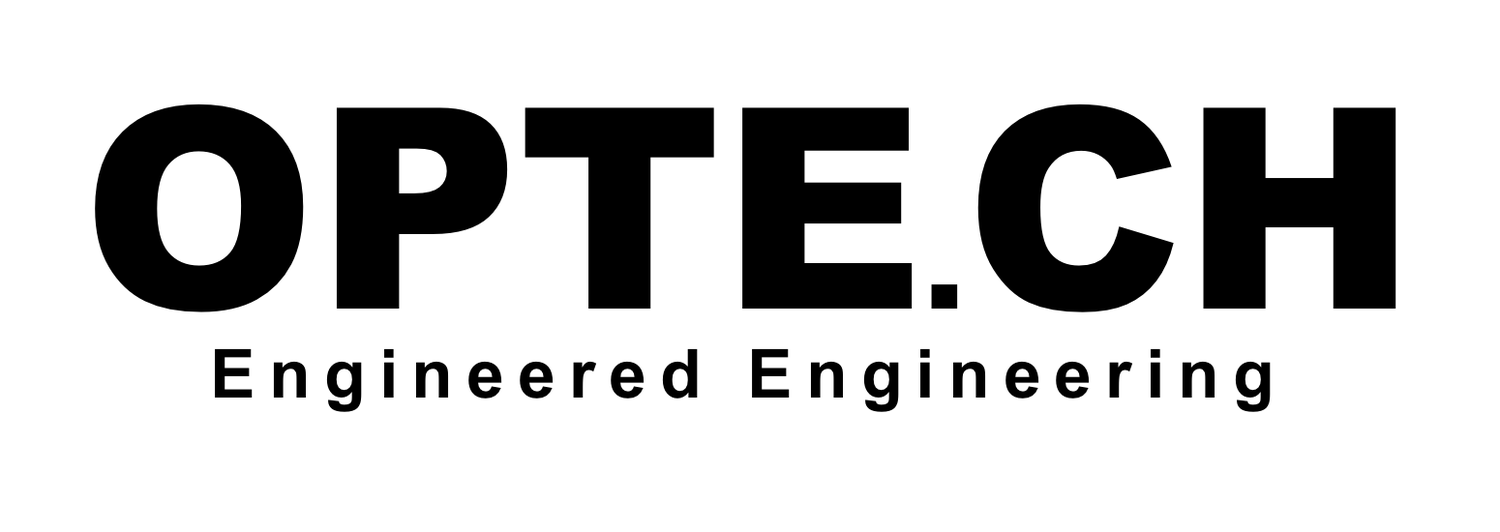The discussion on The Prompt last week (episode 31) sparked a series of thoughts for me regarding whether or not Apple is even considering an iPad Pro (12.9") and what exactly the device would be. Despite being an unlikely product for the near term, it is an interesting discussion.
Federico gives three scenarios:
- Just a larger iPad. Same iOS, same hardware features, larger (12.9") screen.
- iPad Pro with substantial hardware and software feature changes.
- Hybrid device, or "convertible" as Intel calls them.
Let's be clear here, Federico isn't making the case for any of the three options, this is merely a game of "what if" that we're playing. I think it is also important to preface this analysis with an immensely relevant comment from the podcast -
"All these arguments we are having... they are based on four years of the iPad. God knows what is going to happen in five years. We are writing all of these articles because we think we know what the iPad is, but we really don't because it is such a young product." Federico Viticci (54 minutes into The Prompt episode 31).
Just a Larger iPad
The idea of Apple just making a larger iPad actually makes the most short term sense out of the three to me with regard to Apple's position today. I'd peg the probability of it happening (near term) at ~0.02%. The iPad Air is the iPad Pro for all intents and purposes. It has the top of the line processor, top of the line graphics, top of the line battery, top of the line screen. Sure it could use more than 1GB of RAM, but we won't see a new iPad model just to add RAM.
There is an argument for additional screen real estate making more complex video and image editing possible, but that notion is assuming the UI for such activity is based on the old mouse-based systems. Clicking little details, dragging small corners of boxes, etc. Rather than making the screen larger to allow these archaic assumptions to take hold, the market is more likely to take the next step in UI to be designed specifically (and only) for touch input.
Substantial Hardware and Software Changes
My first thought is that this was the most likely of the three, after all it makes the most sense as a professional device. It stands out the most, it has the most to offer. Looking longer term, this seems to have the best chance at coming to fruition. Short term, it isn't an Apple-esque product segment today. This product would introduce the complexities of a legacy and mature market, the laptop, and mix them with a young and yet-to-be-entirely-defined market, the tablet.
The nature of a "Pro" device is to cater to those detailed use cases, enable customization, give power to power users, and enable productivity on par with a traditional laptop. I don't think this is bad, but I'm conflicted, and I don't see it happening too soon. When it does happen, it will need to happen without the legacy baggage of adapting a computer UI to touch input. We have all seen the miserable flop they call Windows 8.
Federico talks about two types of multitasking, multi-window (legacy concept) and "multi-feature" (his proposed new concept). The multi-feature proposal is essentially a system wide and inter-app "Plugins 2.0" proposal. One example is converting text to uppercase; rather than opening a new app you could select it, tap and hold, and get a menu popup. Another example is 1Password, you tap and old on a login box in Safari and get a menu to fill the fields and log you in. Sounds a lot more like a traditional computer, and (dare I say) Android.
This computing power on a tablet has a place. It certainly has power. It has an audience who wants it. I'd even go as far as to say it will happen, eventually. If software progresses fast enough, it may be only two or three years away, maybe. The beauty and simplicity that have launched the iPad and iPhone into their cultural stronghold are paramount to their success right now. Both markets have come a long way, but both are still incredibly young. If Apple forks their hardware and software on the iPad now, they'll lose the simplicity and magic that makes them unique.
The flip side of this is that if Apple waits too long to enable cross-app integration (or interapperability) at a feature level, then the potential exists that Android will have gone through several generations of it and have a more refined solution. Again, I'm conflicted. I love customizing my Mac in so many ways, but hated needing to customize my Android and love not needing to customize my iPhone/iPad.
Hybrid Device
I suspect Federico included this for the sake of including it. Convertible PCs are the netbooks of the modern day. People proclaimed that Apple was doomed when they didn't participate in the netbook market. Their response was the MacBook Air that forever changed mobile computing. The ultrabook market is thriving thanks to the Air. Apple will not participate in the convertible market, it is that easy.
Closing Thoughts
There is a lot more that could be discussed on the topic. I'd like to think that there are new ideas for redefining how we interact with "pro" level work rather than just carrying forward the legacy interaction we're all used to. I don't have the answer to what that would look like though. There are two conclusions I can draw with some confidence - you won't see a 12" iPad in 2014 and you won't see an Apple "convertible" laptop at all.
